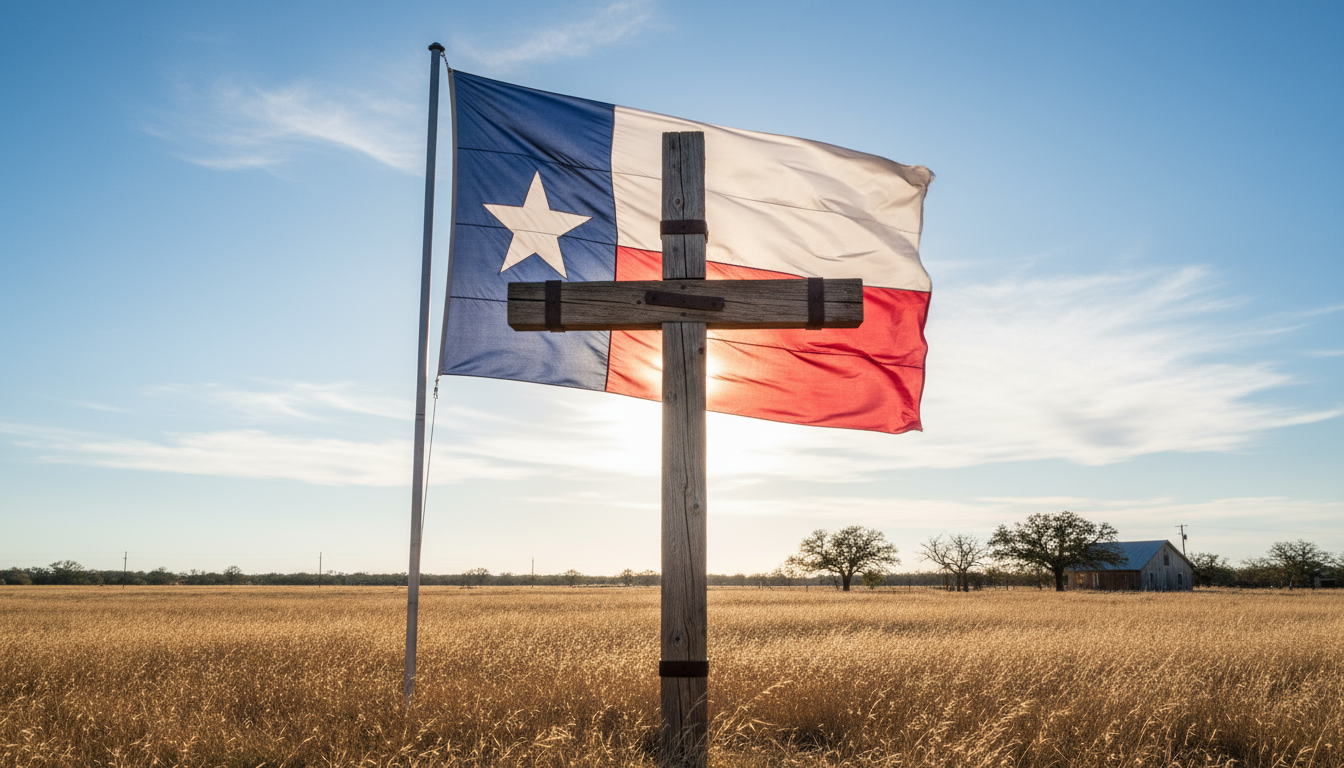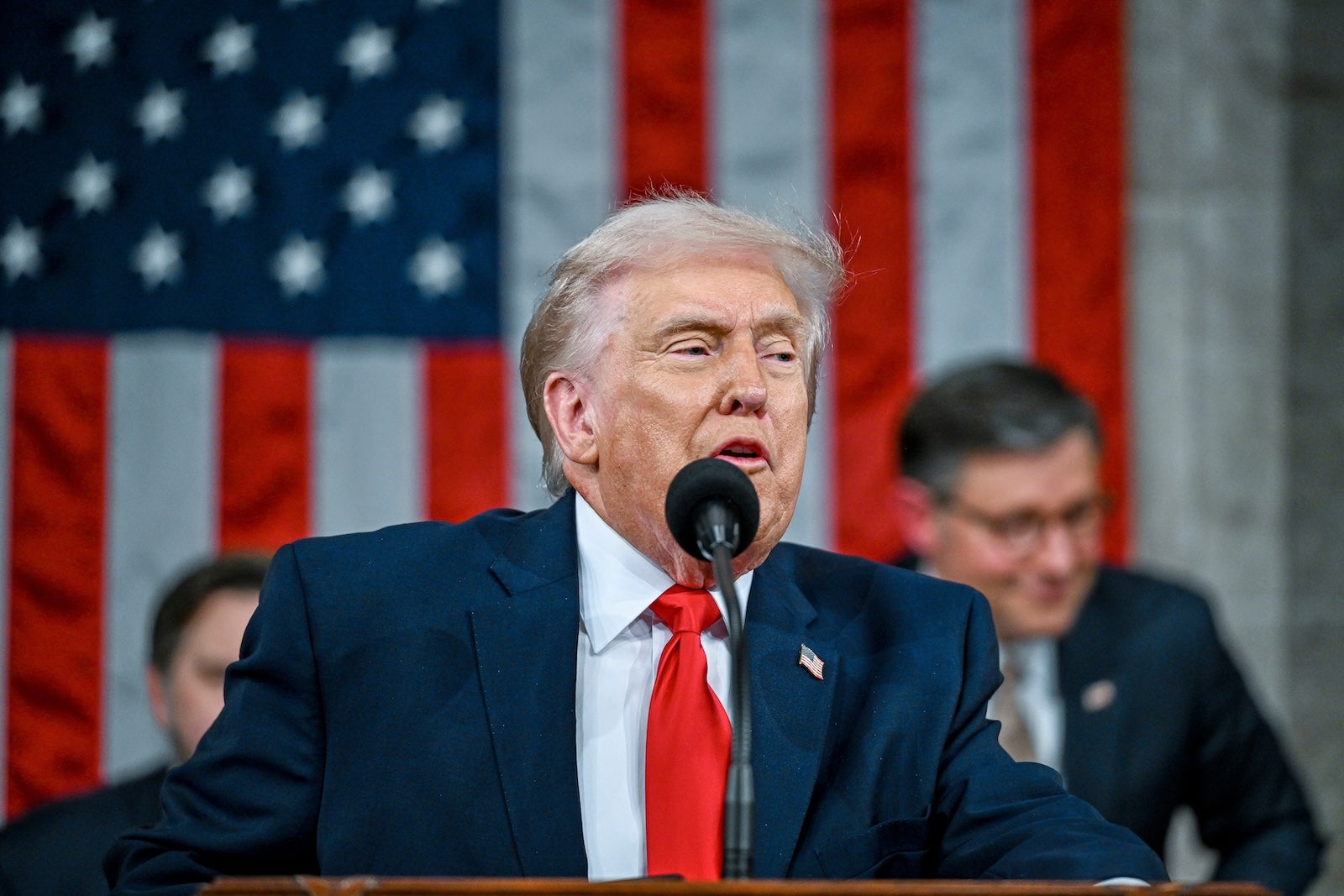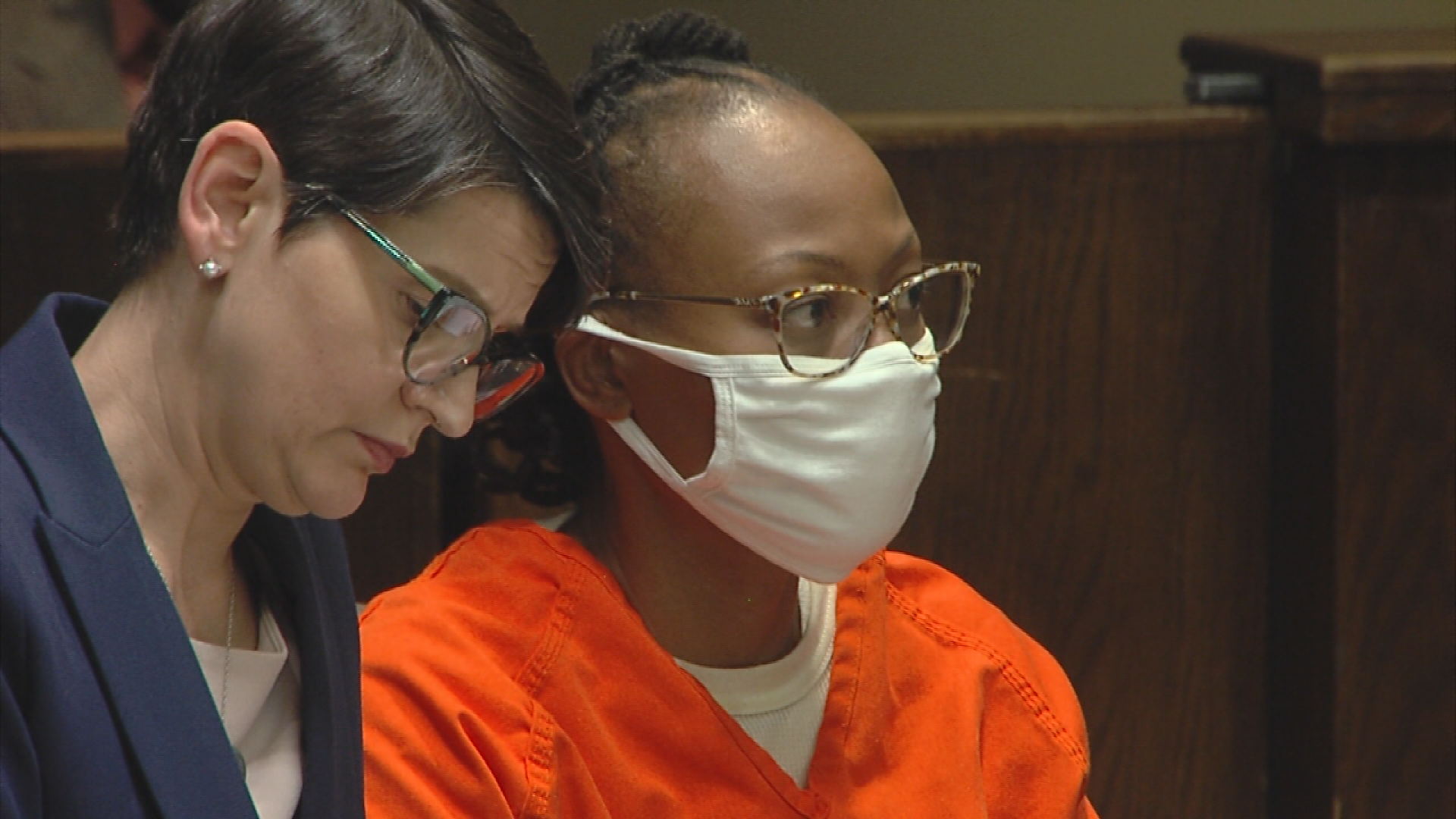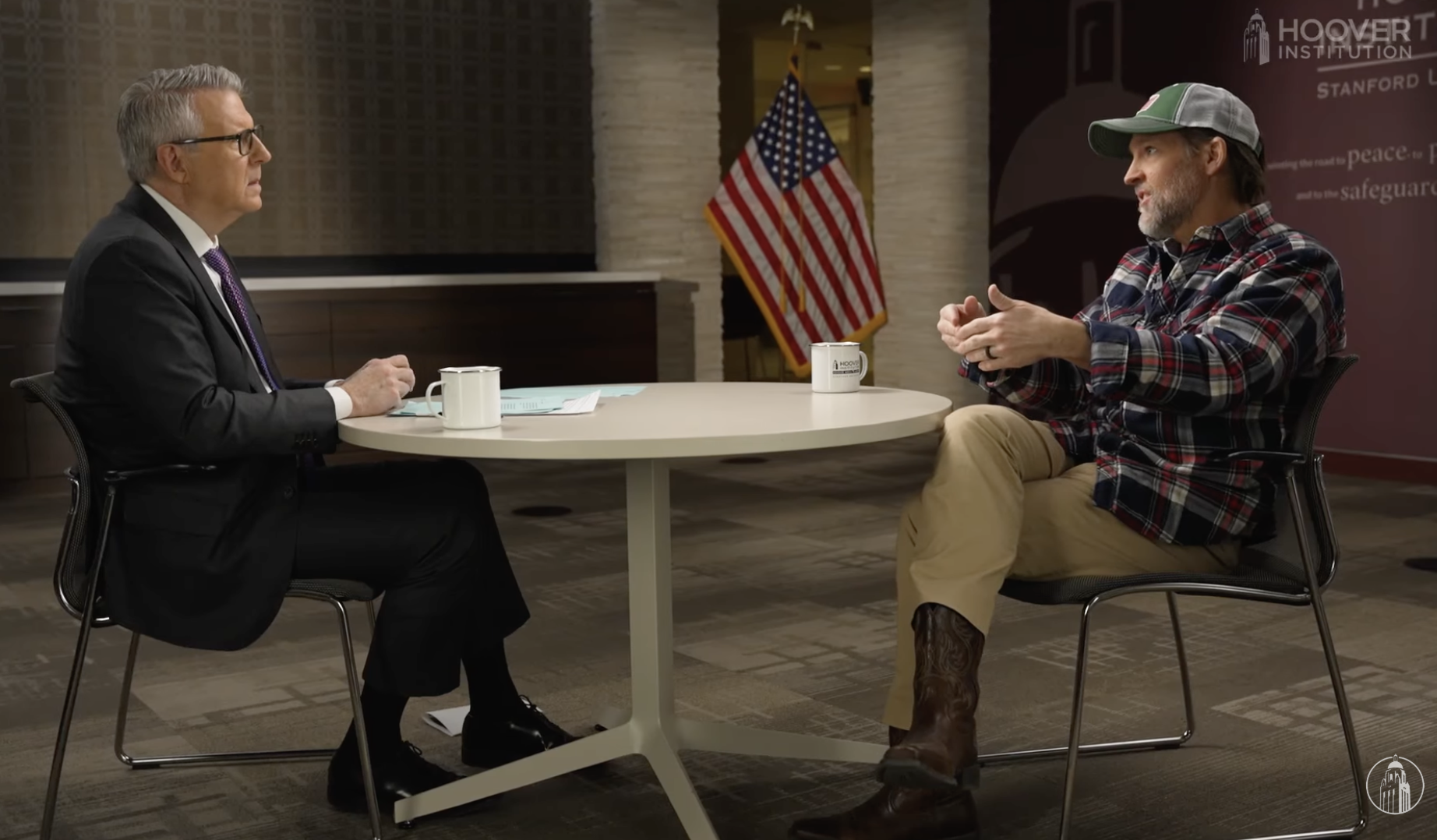Not In Christian Texas!

Texas Supreme Court Rules Judges Can Decline Same-Sex Marriage Ceremonies Based on Religious Beliefs
The Texas Supreme Court has ruled that state judges may decline to perform wedding ceremonies, including same-sex marriages, based on sincerely held religious beliefs without facing disciplinary action.
On October 24, 2025, the court added a single line to Canon 4 of the Texas Code of Judicial Conduct stating: "It is not a violation of these canons for a judge to publicly refrain from performing a wedding ceremony based upon a sincerely held religious belief." The amendment, signed by all nine justices of the all-Republican court, took immediate effect.
The rule change follows years of debate over whether Texas judges were obligated to perform same-sex wedding ceremonies. In 2019, McLennan County Justice of the Peace Dianne Hensley was issued a public warning by the State Commission on Judicial Conduct after she refused to officiate same-sex marriages while continuing to perform ceremonies for opposite-sex couples. Hensley, citing her Christian beliefs, had chosen not to officiate any weddings following the 2015 U.S. Supreme Court decision in Obergefell v. Hodges that legalized same-sex marriage nationwide. She later resumed performing weddings in 2016 but only for heterosexual couples, referring same-sex couples to other judges and officiants.
Hensley then sued the State Commission on Judicial Conduct, arguing that the warning violated the Texas Religious Freedom Restoration Act. The commission later dismissed the sanction after reviewing the underlying facts, noting that none of the commissioners were at the agency when it reprimanded Hensley. The Third Court of Appeals in Austin sided with Hensley in May 2025, allowing her case to move forward in Travis County District Court.
In 2020, Jack County Judge Brian Umphress also sued the commission over concerns that his decision to only marry heterosexual couples and his membership in a church that opposed same-sex marriage would expose him to potential judicial discipline. Umphress feared facing the same punishment as Hensley, especially as he planned to campaign for reelection in 2022 while publicly opposing same-sex marriage.
The U.S. Fifth Circuit Court of Appeals asked the Texas Supreme Court to weigh in on the matter, as it deals with state law. While the Texas Supreme Court has not directly answered the certified question from the Fifth Circuit, legal experts say the court's comment appears to resolve the claims.
Officiating weddings is not a requirement for Texas judges or justices of the peace. Under the 2015 Obergefell v. Hodges ruling, judges were required to either officiate both same-sex and opposite-sex marriages or perform none at all.

Hiram Sasser, executive general counsel at First Liberty Institute, which represented Hensley, said
"We are heartened by the Supreme Court's amendment to the canons to protect religious liberty. Now going forward, every judge in Texas will enjoy the freedom Judge Hensley has fought so hard for in her case."
Hensley stated, "I am deeply grateful that the Supreme Court clarified the judicial canon to protect religious rights, and going forward, every judge in Texas will enjoy the freedom to follow his or her conscience on this issue."
She added that she hopes the commission will resolve her case quickly in her favor, noting she has incurred almost $500,000 in attorneys' fees and expenses.
Chair of the Texas House LGBTQ Caucus Jessica González said in a statement: "The Texas House LGBTQ Caucus is disappointed, but not surprised, to learn that the Texas Supreme Court is not willing to stand up for the rights of LGBTQIA+ Texans."
TAKE ACTION
First Liberty Institute https://firstliberty.org/
Email: info@firstliberty.org
Phone: 972-941-4444
Alliance Defending Freedom https://adflegal.org/





